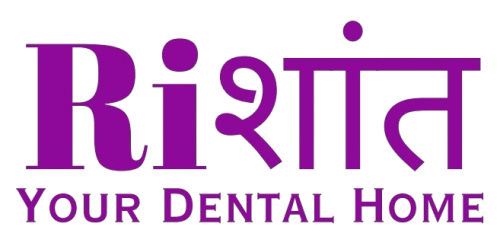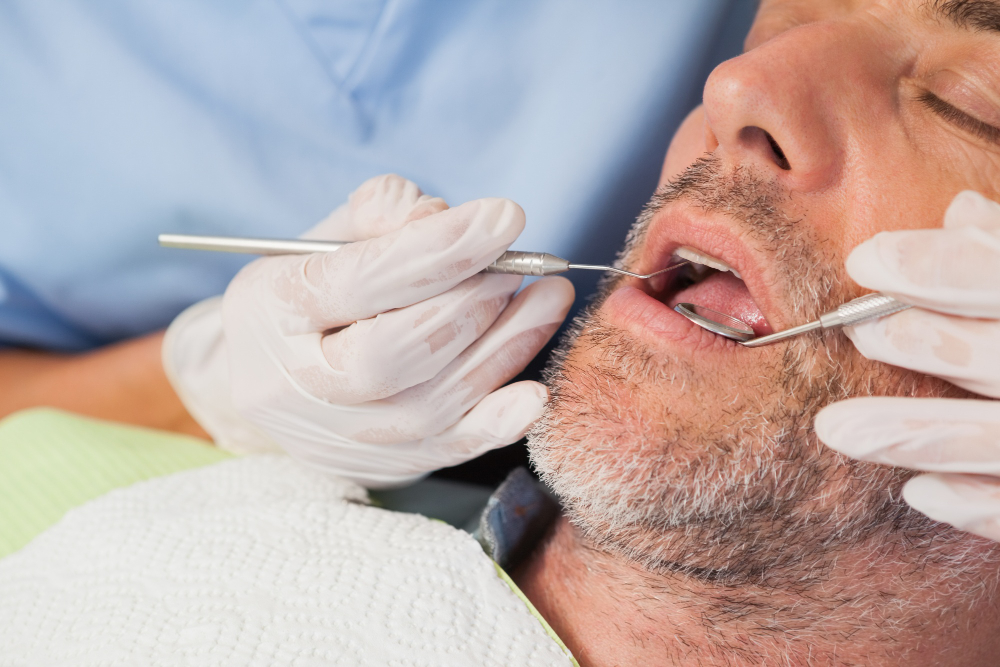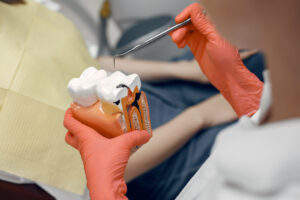Oral health is a crucial part of our overall well-being. Being aware of oral tumor symptoms is essential, as it can significantly affect one’s life. Noticing these early signs can make a big difference. Getting prompt medical help can lead to better outcomes, and even save lives. This blog aims to educate readers on oral tumor symptoms, their causes, diagnosis, and prevention. Knowing when to seek medical attention is vital to catch any issues early and start treatment right away.
Understanding Oral Tumors and Their Causes
Oral tumors are lumps or growths in the mouth that can affect the tongue, gums, or cheeks. These can be harmful, so it’s important to understand what causes them. Common causes include tobacco use, heavy alcohol consumption, and human papillomavirus (HPV) infection. However, some oral tumor symptoms can appear even without these risk factors.
Genetic factors can also play a role. If there is a family history of cancer, the risk might be higher. But lifestyle choices, like maintaining good oral hygiene and eating a healthy diet, can help reduce the risk.
Some misconceptions about oral cancer causes include thinking that only smokers get it or that it only affects older adults. In reality, oral tumors can occur at any age and to anyone, regardless of their habits.
Learning about the true oral cancer causes helps us take preventive steps. It’s crucial to rely on facts rather than myths so that everyone can be better informed.
Early Detection and the Role of Dental Check-Ups
Regular dental visits are crucial. They are not just about cleaning your teeth. Dentists play an essential role in identifying early oral tumor symptoms. They know what to look for, such as unusual lumps, patches, or sores that don’t heal.
Here’s how dentists help:
- Education and Awareness: Dentists educate patients about the signs of mouth cancer and potential problems to watch for.
- Screenings: Routine check-ups include screenings for oral cancers, which can detect issues before they become serious.
- Risk Assessments: During visits, they’ll assess any risk factors, like family history or lifestyle choices, to give personalized advice.
Finding problems early can ease your mind. Knowing that you’re actively taking care of your oral health is comforting. This makes regular dental check-ups a necessary part of maintaining overall health, not just for your teeth.
Preventive Measures and Lifestyle Changes for Oral Health
Preventing oral tumors is about understanding which lumps or issues are normal and which aren’t. Here’s how you can take better care of your oral health:
- Healthy Diet: Eat plenty of fruits and vegetables; they’re full of vitamins that boost oral health.
- Quit Smoking: If you smoke, consider quitting. It reduces the risk of many health issues, including oral cancer.
- Limit Alcohol: Reducing alcohol intake can lower the chances of developing oral tumors.
- Regular Self-Exams: Check your mouth regularly for any unusual changes. Notice if there’s anything new or different.
Staying informed is key. Recognizing the signs of mouth cancer early can lead to early oral cancer diagnosis and treatment, greatly improving possible outcomes. It’s important to combat any cultural stigmas around seeking help for oral tumor symptoms.
In conclusion, taking care of your mouth involves more than just brushing teeth. By understanding oral tumor symptoms and acting proactively, you empower yourself to live healthier. Education leads to prevention, diagnosis, and effective treatment, giving peace of mind about your health.





